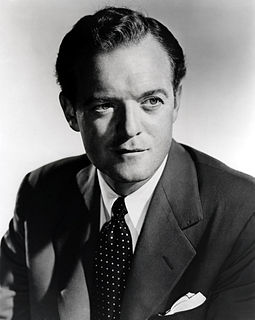A Quote by Kenneth Branagh
I read the final Wallander novel, 'The Troubled Man,' not long after it was published.
Related Quotes
I have rarely read a more wonderful book than To Win Her Favor by Tamera Alexander. Rich with historical detail and fully developed characters, this novel held me spellbound until the last page. If you read one historical novel this year, make it To Win Her Favor. It will linger with you long after the last page.
The Brightwood Stillness is a novel I could not put down. On the surface, it is the lives of normal people in trying circumstances. Deeper, it is an uncannily perceptive exploration of male psychology… Pomeroy is a brave new voice capable of taking us beyond the clichés of war and its aftermath and into the secret heart of every man. This is simply the best novel I’ve read in a long time.
I would look at the first chapter of any new novel as a final test of its merits. If there was a murdered man under the sofa in the first chapter, I read the story. If there was no murdered man under the sofa in the first chapter, I dismissed the story as tea-table twaddle, which it often really was.
The point is, that the function of the novel seems to be changing; it has become an outpost of journalism; we read novels for information about areas of life we don't know - Nigeria, South Africa, the American army, a coal-mining village, coteries in Chelsea, etc. We read to find out what is going on. One novel in five hundred or a thousand has the quality a novel should have to make it a novel - the quality of philosophy.
I always was interested in prose. As a teenager, I published short stories. And I always wanted to write the long short story, I wanted to write a novel. Now that I have attained, shall I say, a respectable age, and have had experiences, I feel much more interested in prose, in the novel. I feel that in a novel, for example, you can get in toothbrushes and all the paraphernalia that one finds in dally life, and I find this more difficult in poetry.



































